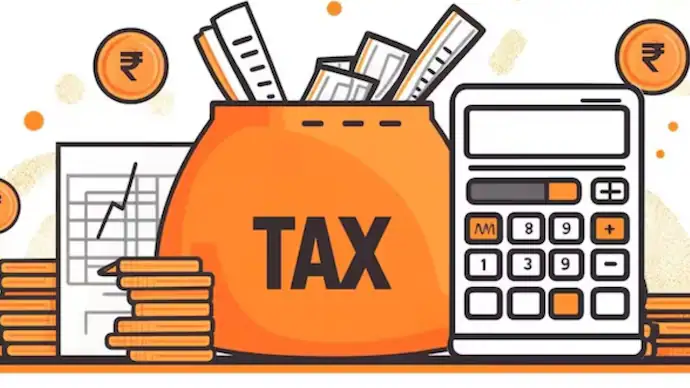India’s Income Tax Department is rolling out tougher compliance measures starting from the fiscal year 2025–26, leaving little room for salaried individuals to under-report or conceal financial activities. The revamped rules are part of a broader initiative to boost transparency, align income disclosures with actual transactions, and curb long-standing avenues of tax evasion.
According to officials, the new system will automatically flag specific ITR filings for further scrutiny if they fall into certain risk categories. These include mismatches between declared income and high-value transactions, large-scale investments without proper declaration, or deductions claimed without supporting documentation. The process is designed to identify red flags early, using AI-powered analytics and data from financial institutions, registries, and GST records.
What sets this regime apart is its proactive nature. Rather than waiting for post-filing audits or random selection, the system is geared to automatically identify inconsistencies in real-time, significantly reducing the chances of manipulation or oversight.
As a result, salaried taxpayers are now urged to adopt a more pre-emptive approach. Financial experts are recommending that individuals begin compiling all relevant documents—such as Form 16, rental agreements, investment proofs, donation receipts, and insurance premiums—well before filing deadlines. Submitting these details in advance or in parallel with ITR filings can help minimize discrepancies and reduce the chances of being flagged for inquiry.
These changes come in the backdrop of rising digitalization in tax administration. With PAN-Aadhaar linking, real-time TDS data tracking, and third-party data integration now operational, the margin for error—or manipulation—is narrowing fast.
While some see this as an added compliance burden, others believe the new system will reward honest taxpayers by reducing audit anxiety for those who maintain proper records. Either way, FY 2025–26 marks a turning point for individual tax reporting in India: precision, preparation, and proactive disclosure will no longer be optional, but essential.











